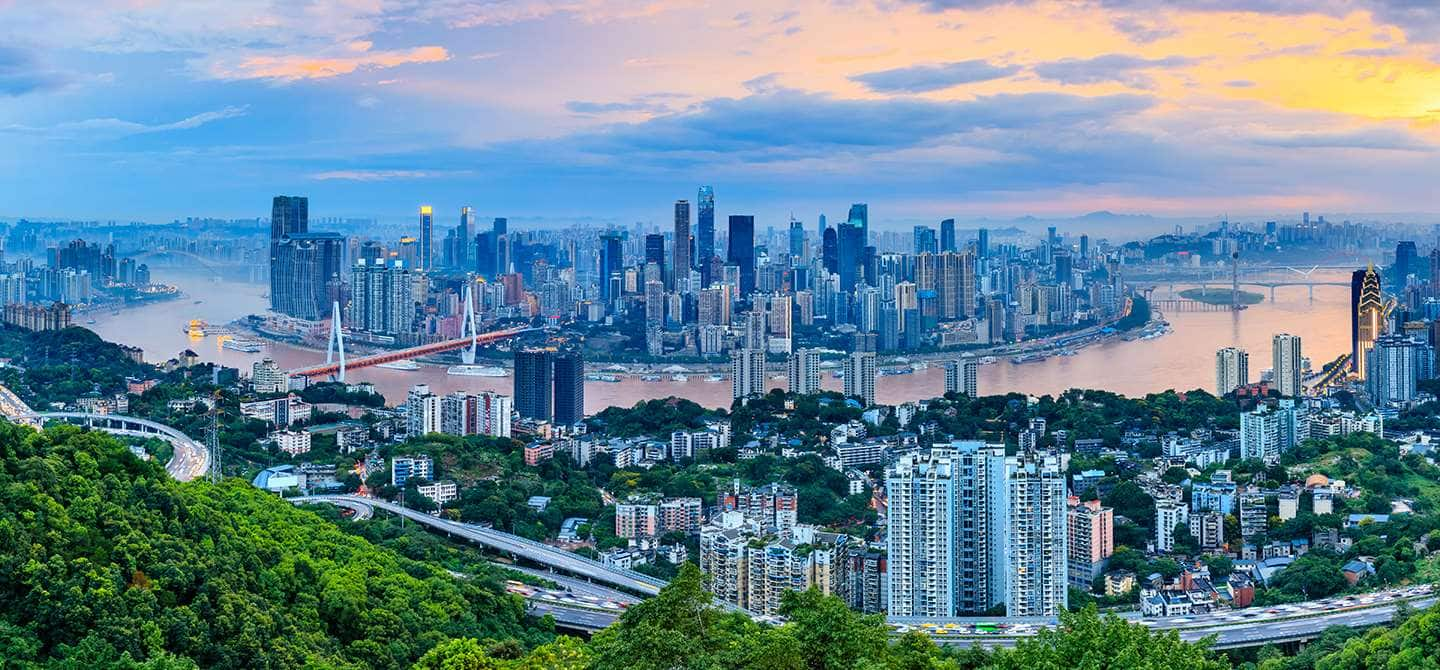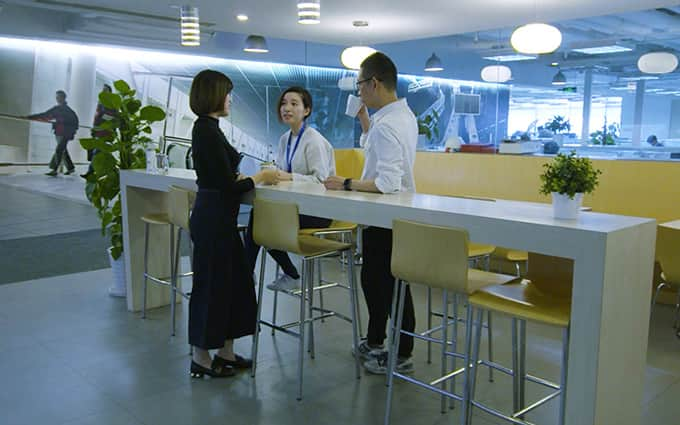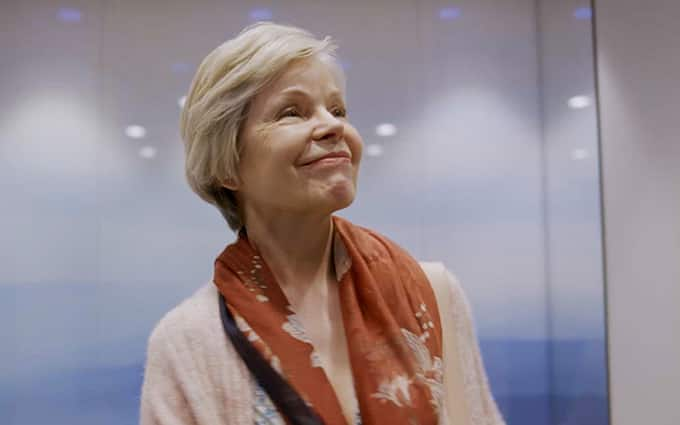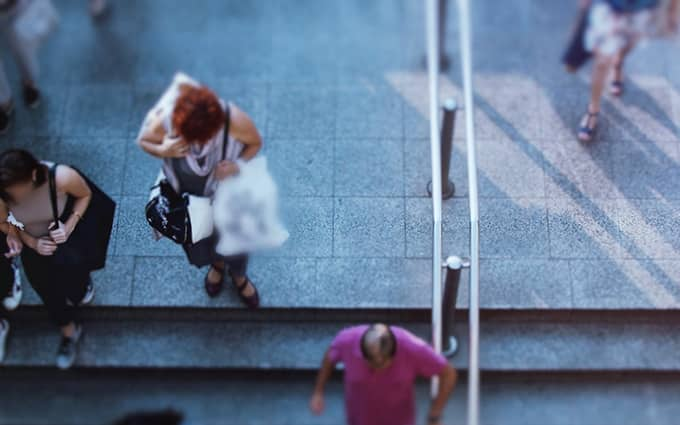Would you like to explore our corporate site or visit your local website?
Stay on Corporate siteRethinking how we live, work and play in cities
Many of us have started to view shared environments with trepidation since the outbreak of the novel coronavirus pandemic. Architects and urban planners must now consider how to design in a way that makes people feel comfortable in public spaces.
Rethinking how we live, work and play in cities
May 20, 2020
Many of us have started to view shared environments with trepidation since the outbreak of the novel coronavirus pandemic. Architects and urban planners must now consider how to design in a way that makes people feel comfortable in public spaces.
Urban life has been built around social interactions – from sharing common spaces with neighbors to sharing desks in an office. But COVID-19 has forced a rethink of the way people move through their daily activities.
Lydia Kallipoliti, assistant professor of architecture at The Cooper Union & principal of ANAcycle thinktank says that the virus has made people reconsider their understanding of how they occupy physical space and the ways in which they interact with it. While cities are loosening restrictions and opening up again, the behavioral change that the pandemic has wrought will require architects and planners to rethink how we live, work and play in urban spaces.
“It’s a complex problem that doesn’t only involve architects and designers as spatial creators, but also as creators and managers of rules of engagement for civil and professional interactions,” explains Kallipoliti. “Designers are not just designing objects to place within environments, they are designing environments themselves.”
Managing density
However, don’t expect the pandemic to cause people to abandon cites for suburbia. Instead, experts say that managing the density that urban life requires should be the main focus as people adapt to life under these new circumstances.
“That question of how we maintain the density that we need for transit, for restaurants, for spaces that need density, and how we do that, so it accounts for our personal sense of well-being is a pronounced design challenge. But that’s what design exists for,” says Devin Liddell, chief futurist and design strategist at Teague, who has worked with major corporate clients to create smart design concepts.
“In those spaces that require density, we are going to see a lot of automation. That’s going to be the way we solve our desire not to touch things. The whole shift away from unnecessary interactions with strangers and with things that other people have touched, the more we can automate those, some good can come from that,” explains Liddell.
A sense of well-being
While the distancing measures imposed as a reaction to the virus have shown that many interactions can be successfully performed virtually and remotely, they have also made it clear that people have a desire and a need to come together.
“It is an interesting time because we are seeing some positive thoughts about the future emerging,” says Dr. Suzanne Livingston, strategy consultant and curator.
“We have to become a lot more caring a society. We are showing the necessary characteristics to do that. People are coming together, but we need to look after each other. If people are to recover from this period, feeling good, feeling safe, feeling secure, feeling confident, feeling like you can go out into the world and live a rich life, this is absolutely crucial to our recovery. And technology throughout all of this can play its part.”
As the world adapts to new ways of working, traveling and living, these are factors that will play a key role in ensuring that people manage this transition successfully.




